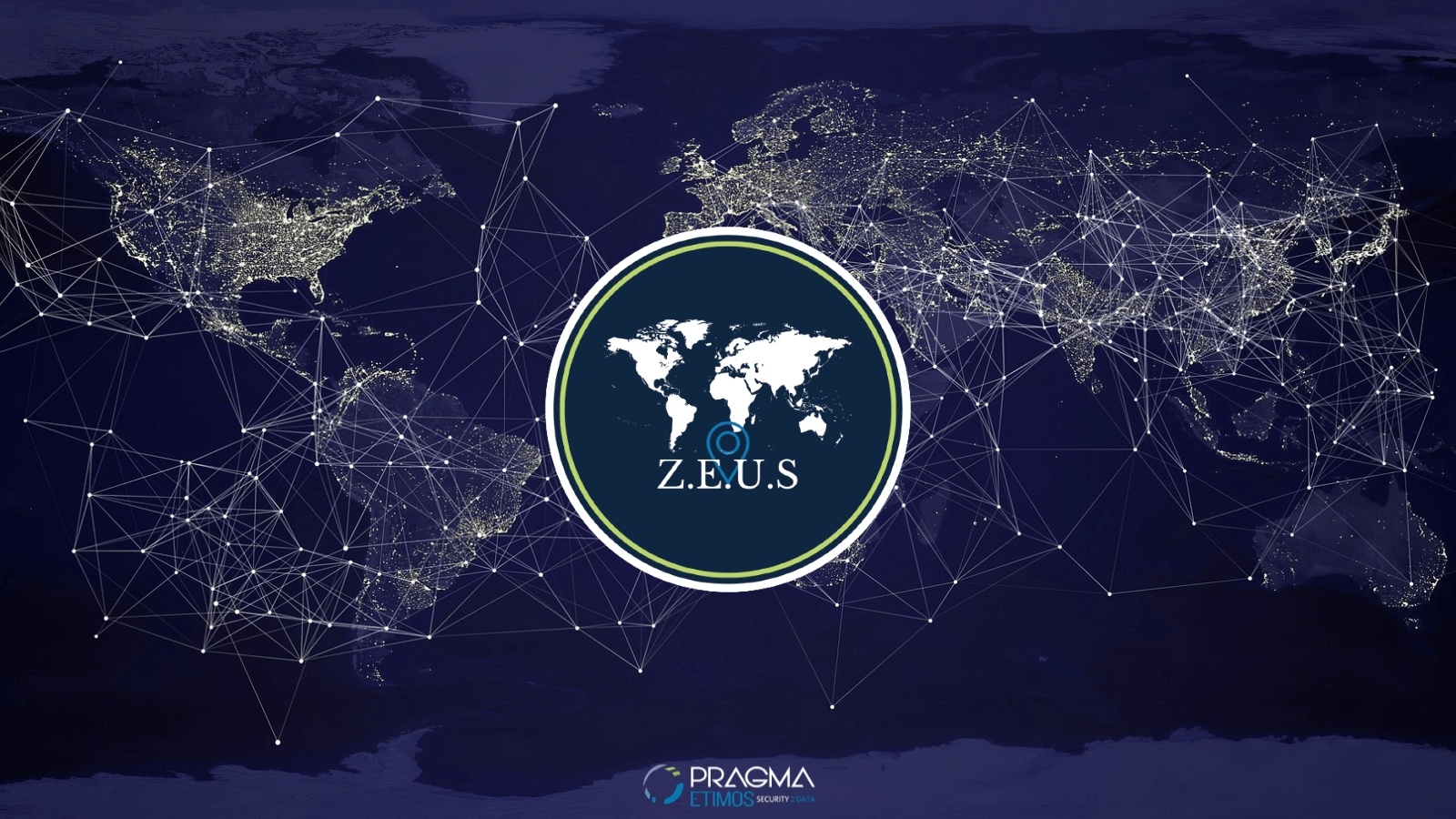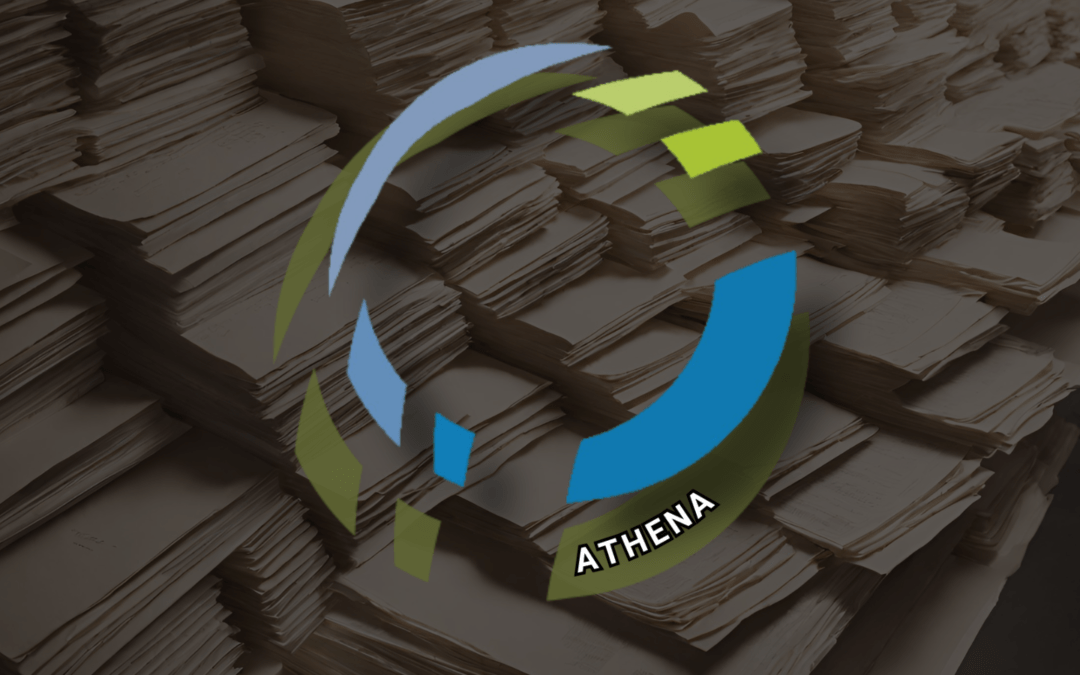A.T.H.E.N.A.: Archivial Thematic Heterogenous Encrypted Neuronal Analyser
Transforming data into valuable information requires the preparation of neural models and the use of advanced technologies that are based on the ability to manage and analyse information.
Unstructured data represents a great opportunity for businesses. From these it is possible to extract enormous value and it is precisely on this area that company priorities are currently focused. In fact, the development of semantic analyses guided by generative Artificial Intelligence is accelerating.
Unstructured data can have very different origins but the main characteristic is that it is difficult to understand and classify. Furthermore, they tend to be very large and occupy much larger volumes than structured data, even reaching Petabyte scales.
We on the Pragma Etimos team have developed a new platform to support companies in managing unstructured data: ATHENA.
The objective is to facilitate access to the information contained in archives that are difficult to consult (e.g.historical archives, registry files) and to allow rapid searches with high-performance technological tools.
Document classification
One of the main tools of the Athena platform is the classification of documents within archives.
Many organizations find themselves dealing with large quantities of files, organized in a confusing manner and without logic. To date, many industries (e.g.from the banking sector to logistics and telcos and the public sector – e.g. judicial offices, historical archives) come into contact with messy documentation on which to carry out investigations and research.
The first operation, both in importance and for operational management, concerns a precise classification of the different document types, allowing you to save precious time without having to dedicate entire days to reading.
The system analyses a multitude of documents with advanced algorithms and divides the various types (e.g.by banking sector, customer identity documents, by logistics sector, invoices, transport documents, by public/judicial sector, seizures, executions, etc.).
Athena will generate graphs on the analysis carried out so that the user can have a more structured and orderly view of the documentation in his possession. Furthermore, you will be able to share the classification results with your entire team of professionals and make informed decisions much more quickly.
Advanced semantic searches
One of the most strategically useful data tasks involves keyword research. Having to manually search for information within extensive documentation requires a considerable effort of time and resources.
Keyword research is one of Athena’s main tools. The user will simply need to enter the word to search for in the previously uploaded documents and in a short time he will receive as a result a table with numerous details, including:
- The name of the single document in which the keyword is contained;
- Document classification (e.g.”paper identity card”, “current account opening form”, “financing application form”, “invoice”, “judicial file”);
- The number of the page in which the keyword is present;
- The number of times the keyword was found within the document;
- The partial text: exact position in which the searched term is found in the document, in order to easily identify the semantic context in which it is used;
- Graphic preview of the text with highlighting of the word found.
Furthermore, the system generates graphs showing general statistics on the search performed. These show the results directly and immediately so you can proceed with the right strategy.
Conversational chat via generative AI
We at the Pragma Etimos Team have decided to develop an innovative tool within Athena that can accelerate research and quickly suggest correlations.
Given the enormous popularity of Generative AI and the increasingly massive use of ChatGpt, we have created a verticalized chat on the specific context to “interact” directly with the system, with its own knowledge database and control systems. It is possible to ask questions such as: “in what context is Mario Rossi mentioned in document n°120?” or “how many times is the word “proof” present in document no. 120?”.
The conversational chat tool, leveraging the power of Large Language Models (LLM), provides immediate and precise responses regarding uploaded documentation, enabling dynamic interaction with a wide range of documents.
A crucial aspect is the ability to function even in scenarios without an Internet connection, ensuring maximum 100% privacy and no contamination from external sources. In fact, no data leaves the execution environment, eliminating the risk of losing sensitive information or violating confidential protocols.
Integration with Risk management systems
The graphic interface of the Athena platform has been designed to facilitate its use. It can be customized to the user’s liking and can be integrated into any company system.
Having structured data helps implement and/or improve the entire risk management process. Precisely for this reason we decided to combine Athena tools with the new Risk Management platform, J-Risk. This latest project was born from the collaboration with Jakala and allows companies to be protected from potentially fraudulent activities, reputational and operational risks on processes.
Athena allows you to add intelligent discovery functions to documents with respect to risk management and investigative processes. For example:
- in the banking case with respect to the on-boarding process of consumer customers, in addition to the real-time control system implemented by J-Risk, with respect to the identification documents presented by customers and the on-boarding information flow acquired by the company, Athena opens up the opportunity to carry out analyses within the customer document file throughout its life cycle (e.g.relationship opening forms, complaints forms, etc.);
- in the case of reputational risk assessment, in addition to the real-time control system implemented by J-Risk, with respect to potential classified risks present on the web, Athena opens up the opportunity to carry out analyses within the documentary files presented by suppliers during the assessment process (e.g. reports, certifications, account statements, etc.)
The advantages of the integration between Athena and J-Risk are immediate:
- Reduction of business costs by immediately blocking fraudulent processes;
- Optimization of operational effort, allowing you to focus on well-defined cases;
- Increased effectiveness, through automatic correlations across the entire knowledge base;
- Protection from the impacts of fraudulent behavior.
At Pragma Etimos we are convinced that technology, if used correctly, can be a valid ally for human work.
You may also like

APOLLO: everything you need to know about KYC
The acronym KYC, which stands for “Know Your Customer”, is a fundamental concept in the field of finance, anti-money laundering and transaction security. Crime has always found a way to illegally exploit the identity of individuals for certain practices, a phenomenon…

Wrong addresses: how to remedy mistakes?
In the complex web of everyday interactions, addresses play a key role. Whether physical or digital addresses, they act as reliable guides that take us from one point to another, allowing us to reach the desired destinations, to receive the goods we buy online and to…

